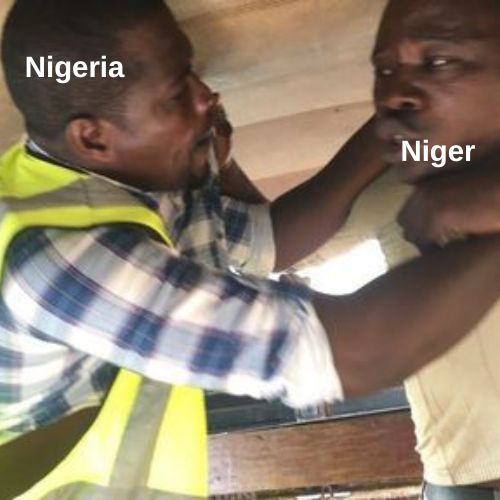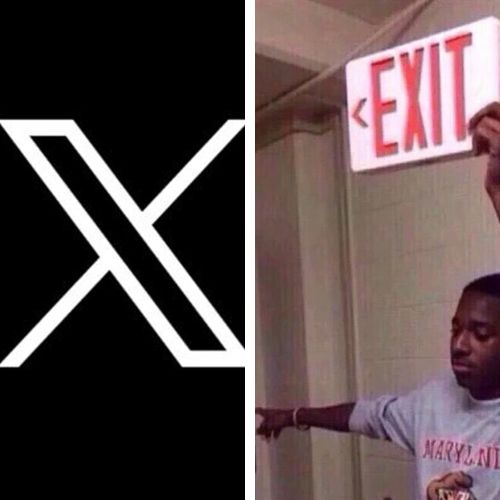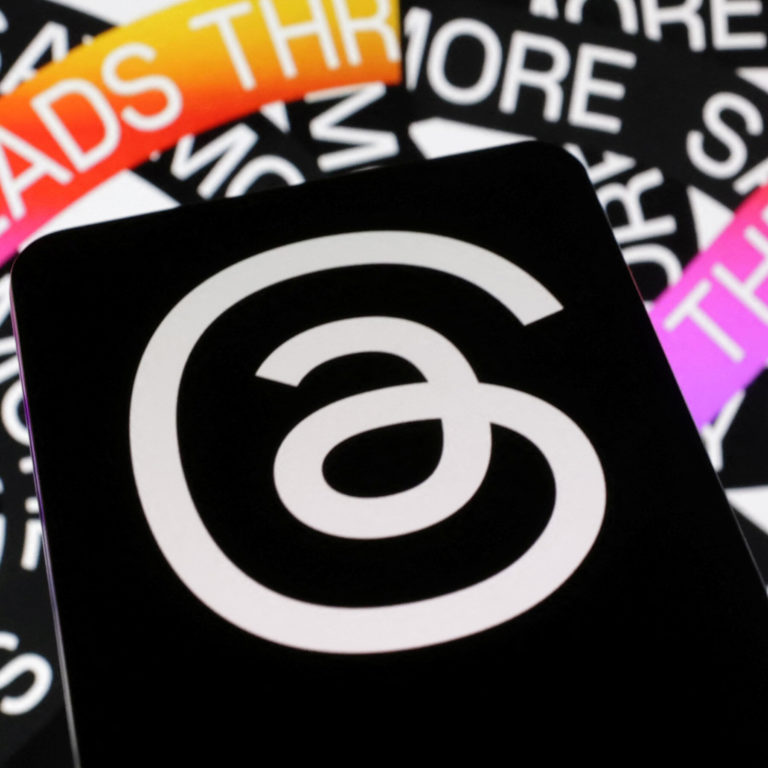Here’s Ibrahim’s* story as told to Sheriff
I grew up in a Muslim family of five. We were moderately religious, at least when I was younger.
My father had grown up in a staunchly religious family but left home early, so he couldn’t learn so much about the religion before going off to boarding school. He didn’t want the same thing for me, so I started learning about Islam very early on.
I was five years old when I was first enrolled in a Madrasa — an Islamic school, where I learned about the basics of Arabic and Islam itself. I spent two hours at the Madrasa after school on weekdays and five hours during the weekends.
By the time I was eight, I’d memorized the entire Quran. It was a flex; many people in the area and in my family thought it was a cool thing to achieve at such a young age.
I didn’t stop attending the Madrasa after this, so I was able to go deeper into my studies. At this point, I was in the high school equivalent of Islamic Studies. I learned about Islamic Law, Arabic Grammar, theological thought, and even how to write poetry in Arabic. When I was ten years old, I was already speaking fluent Arabic.
A female childhood best friend recently told me she always thought I’d become a Muslim cleric. But I did not.
At the time, though, I was the model kid for my dad and my extended family — well-learned in religion and doing great at school, too. It was the best of both worlds for them.
But there was one problem — I was too inquisitive. It started off as a harmless thing my dad indulged, but it eventually took on a life of its own.
I’d question everything I didn’t understand, and I’d debate you until I got a satisfactory answer.
In early secondary school, I got into religious debates with my Christian classmates about which religion was “more correct”. Now that I think about it, I must have been quite insufferable. To me, I knew everything, and my religion was perfect. There were no flaws in what I’d learnt, and I had sound logical explanations for everything. Not that the interreligious conversation ever went beyond harmless debates, but I derived pleasure from proving that I was right.
I was 13 when I first realised that I might be wrong. It started when I asked the cleric I’d learned from a question about the concept of destiny. In the Islamic doctrine, belief in Qadar (destiny) is one of the articles of faith.
But the explanation I got from my cleric just didn’t make sense.
As a Muslim, you’re meant to believe that everything that happens is ordained and destined by God. Both the good and the bad stuff. And this doesn’t apply to just the broad strokes of our lives alone. Even the tiny details like the choice of food you had for breakfast on a certain Monday happened because God said so.
My question was simple: if this was the case, why does God still need us to pray, have faith, do good, or even do anything? Since it’s simply all His will playing out in everyone’s life.
For the first time, I was told that some questions are inspired by the devil. But this event was the start of my search for answers. I asked every adult I knew for answers, and while they all saw how inconsistent the idea was, it made them sick to their stomach that someone pointed it out. They were always shocked at the realization of what the logical conclusion is. So, they’d ask me to stop asking questions and stick to my faith, because some things are beyond the knowledge of man.
Since I couldn’t get answers from the people in my life, I turned to books. My dad never censored the kinds of books we read, and luckily, my school had lots of them. It had books that had no business being in the library of a secondary school. It had novels that explored the history of religion, and even a copy of the Bhagavad Gita. It was there I read a lot about other religions and the doctrines they’re built upon. I also learned about Abrahamic religions through the lens of history and started to see things really differently.
For example, I read about how the collation of the Qur’an was completed many years after the prophet passed, and how the formation of the Qur’an formed the basis for standardised Arabic today, as the tribes had different dialects at the time.
So, how could I even be sure that what I’d memorised actually meant what I was taught that it meant? It all started to seem a lot less divine at this point.
Also, with the thousands of religions that exist, and the documented reports of metaphysical experiences from each of them, how can I ever be sure that mine is the right one?
I suffered cognitive dissonance for a while, but I just kept learning outside of what I’d always known. When I went off to university, I was finally able to be open up about my views with the friends I made. Some of them were shocked that I’d say such things, while others admitted that they had their doubts, but they’re choosing to believe. With time, I realised that I didn’t really care so much about the faith anymore.
I started missing prayers because I thought, “What’s the point anyway?”. I also got tired of asking questions because I mostly didn’t care anymore. At home, my parents noticed that I’d stopped praying altogether, but they thought it was just a phase. They still forced me to do it anyway, but it was all for show.
A year ago, I had an existential crisis that shook me. I felt like I needed some sense of meaning since I didn’t believe that anyone up there was guiding my life anymore. I was somewhat depressed because it felt like my life had no meaning whatsoever. I thought, “Why not just go back to the safety of having faith in God? Does it really matter if any of it is true?”
I started praying often and doing all the things I’d normally do as a devout Muslim, but it felt like I was only going through the motions.
I’ve made my peace with it now — I’ve outgrown faith, and I doubt that anything can change it. But I don’t intend to come out publicly about my disbelief, at least not in real life. So, I’ll carry on and hope something changes and makes it feel right again.
NEXT READ: The #NairaLife of a Career Directed by God
*Name has been changed for the sake of anonymity




